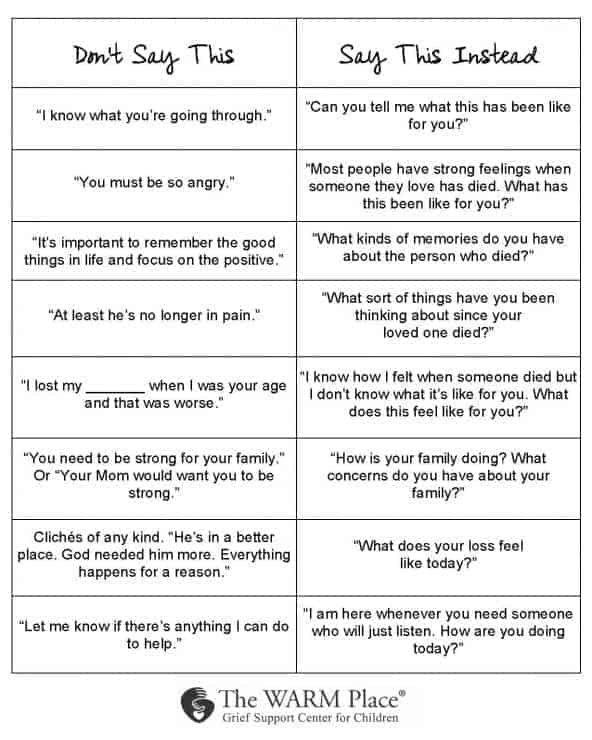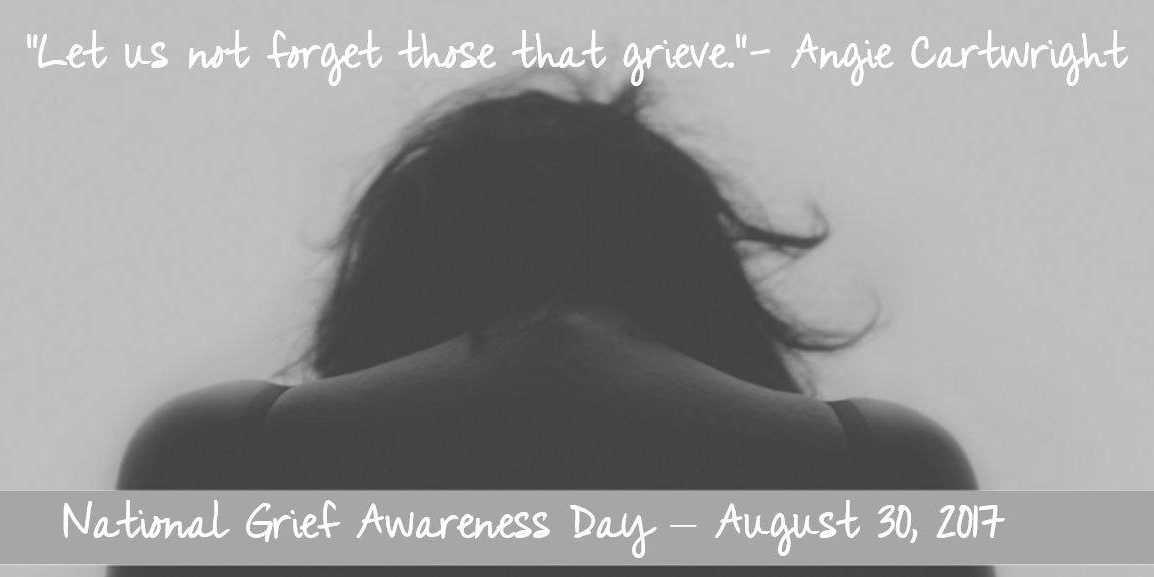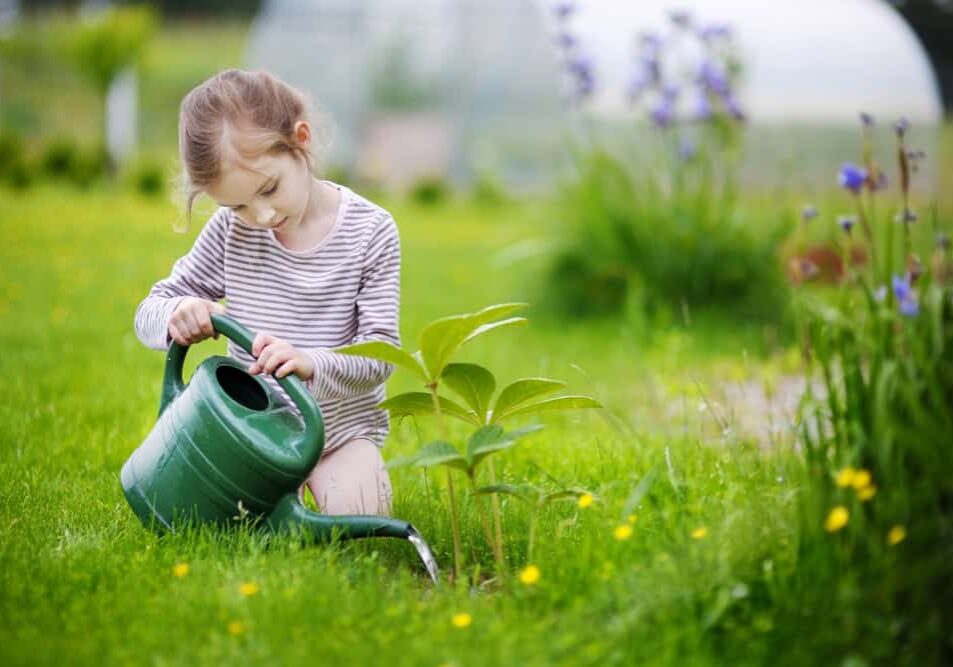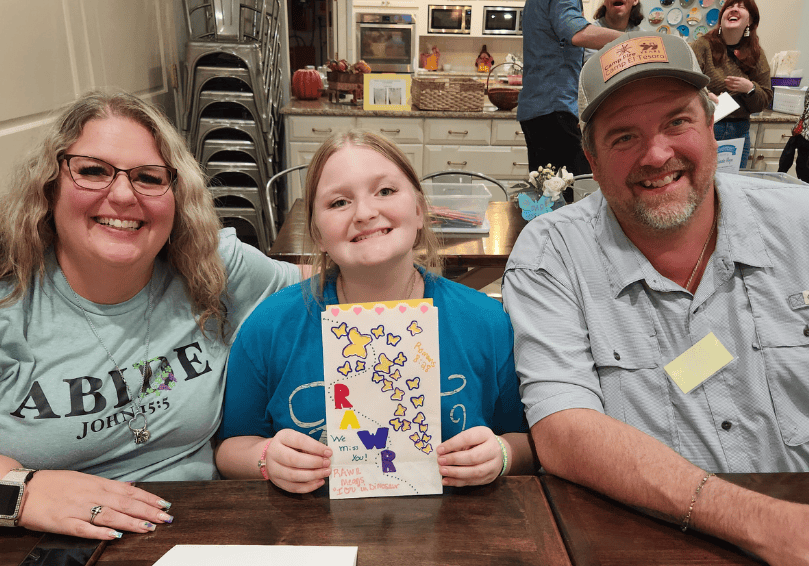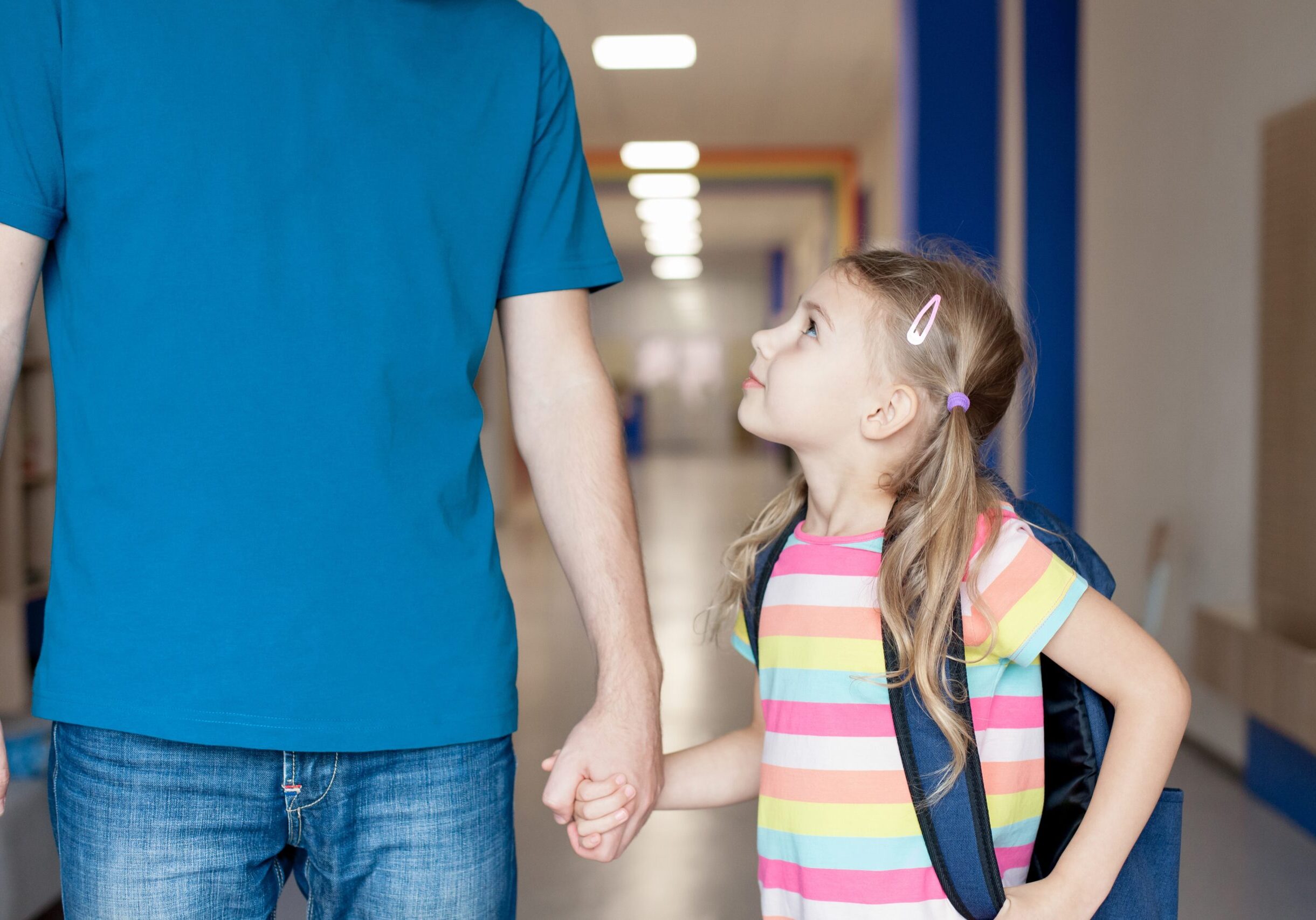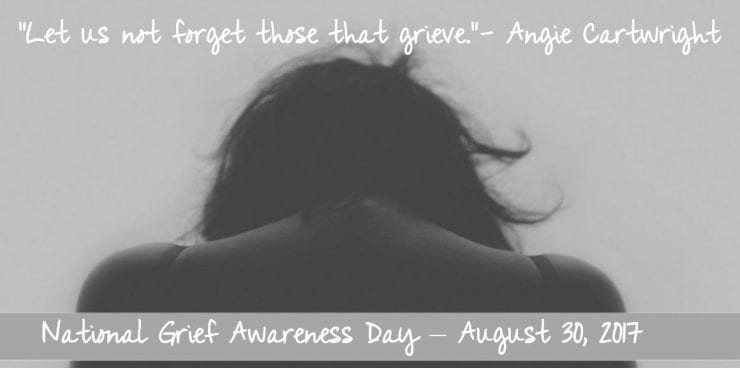 In honor of National Grief Awareness Day, we wanted to bring attention to the importance of what we say to grieving children, family members, friends, and students. Many times, the statements we make to grieving children and teens are designed to make us feel better, not them. For example, it is not helpful to tell grieving children how they should be feeling or make statements to try to cheer them up or minimize their pain. Everyone grieves differently and grief changes over time. Statements such as “I know how you feel” or “You need to be strong” don’t actually make a griever feel better about their loss. Those statements usually cause them to shut down about their feelings and not talk to you about it at all. Similarly, comparing losses is not helpful. Each loss is significant to each griever, and it’s important to honor that relationship and that individual’s experience of grief. The things we say to grieving children and teens can have a lasting impact. We want that impact to be positive. When a child feels heard and validated, they are more likely to return to you in the future when they need to talk to someone. We want grievers to use their energy expressing honest feelings and learning healthy coping skills; not trying to defend or hide how they feel. Check out the graphic below for a helpful list of what to say and what NOT to say to children who are grieving…
In honor of National Grief Awareness Day, we wanted to bring attention to the importance of what we say to grieving children, family members, friends, and students. Many times, the statements we make to grieving children and teens are designed to make us feel better, not them. For example, it is not helpful to tell grieving children how they should be feeling or make statements to try to cheer them up or minimize their pain. Everyone grieves differently and grief changes over time. Statements such as “I know how you feel” or “You need to be strong” don’t actually make a griever feel better about their loss. Those statements usually cause them to shut down about their feelings and not talk to you about it at all. Similarly, comparing losses is not helpful. Each loss is significant to each griever, and it’s important to honor that relationship and that individual’s experience of grief. The things we say to grieving children and teens can have a lasting impact. We want that impact to be positive. When a child feels heard and validated, they are more likely to return to you in the future when they need to talk to someone. We want grievers to use their energy expressing honest feelings and learning healthy coping skills; not trying to defend or hide how they feel. Check out the graphic below for a helpful list of what to say and what NOT to say to children who are grieving…